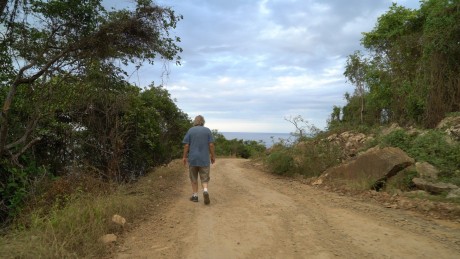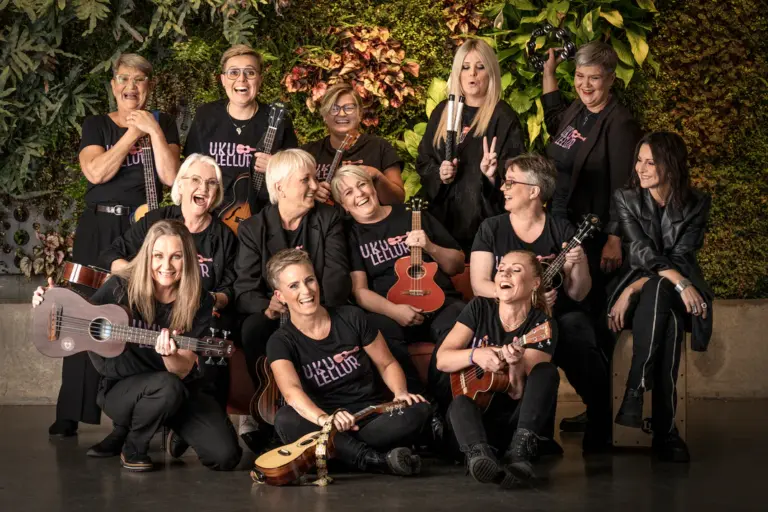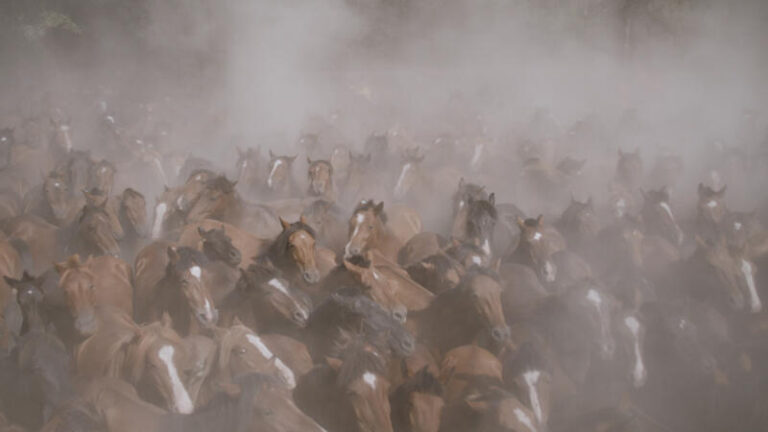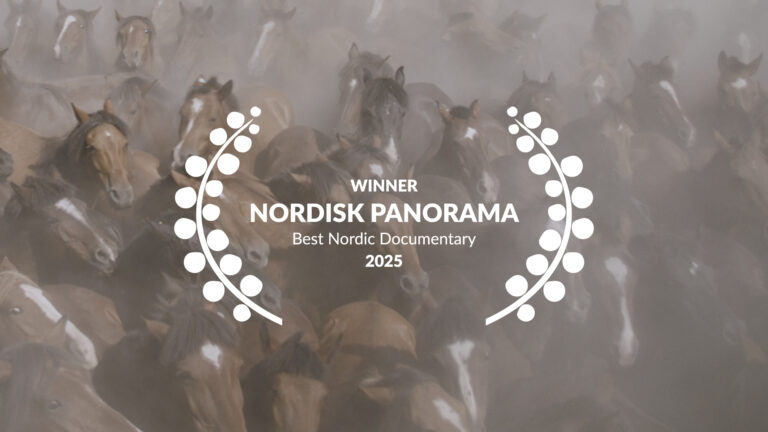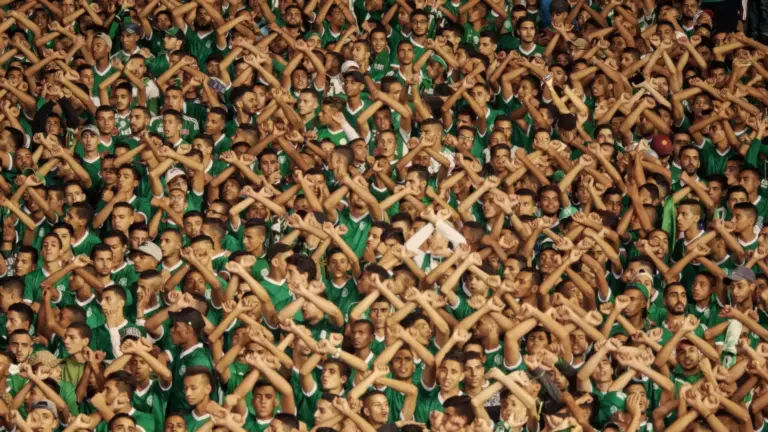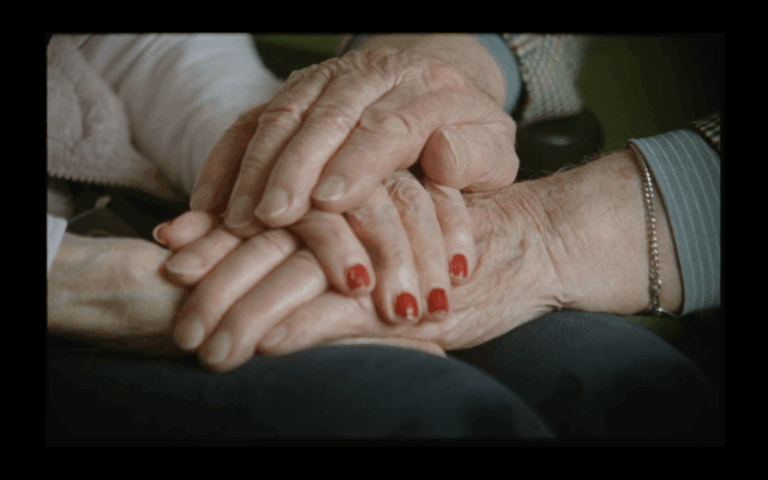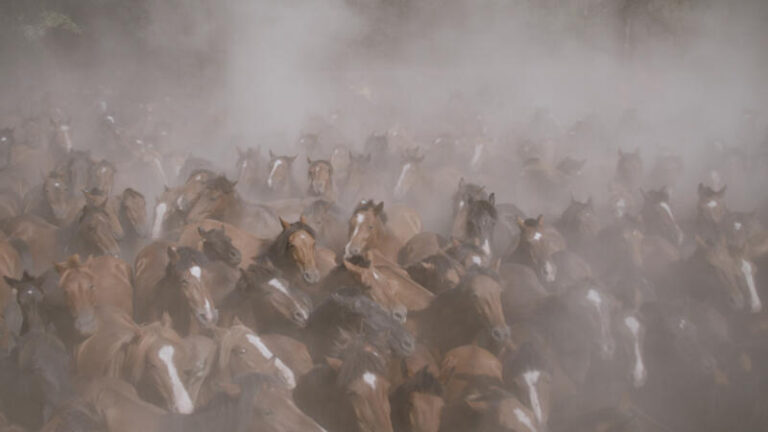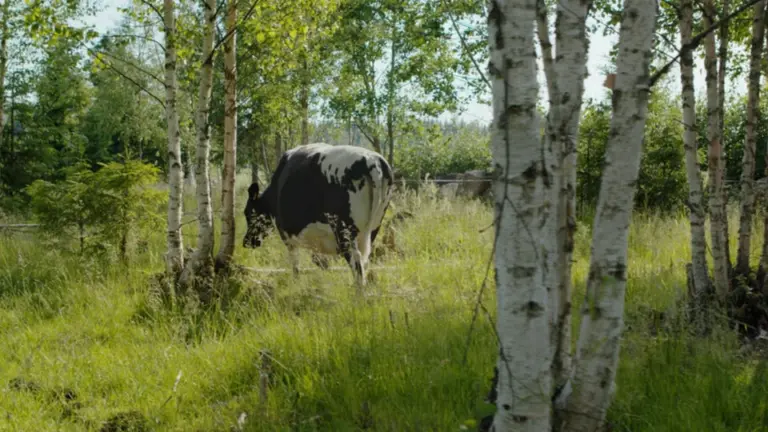


Zelig Film Fest 2025
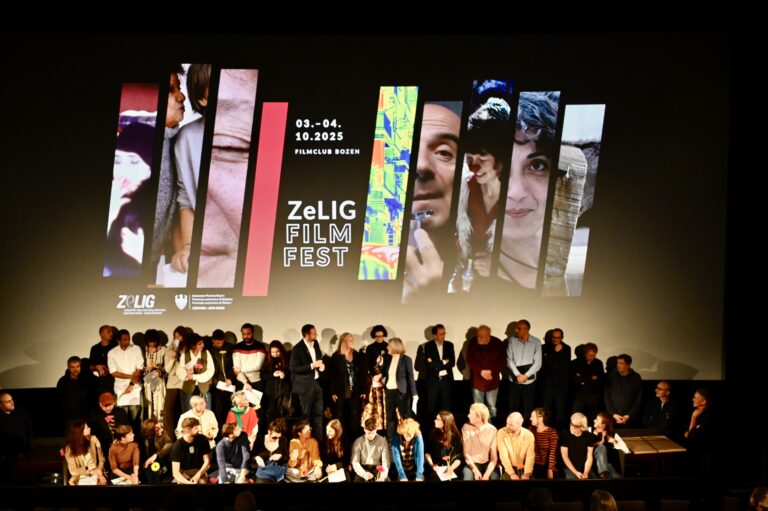
… took place October 3-4 at the Filmclub Capitol Bolzano, the city where the unique Zelig-School for Documentary is to be found. I have been teaching at the school since 2007, where I had the privilege to follow students for the 3 years, the education runs – before that I had been to the school twice. So as a veteran, who has scaled down, I went down to see the graduation films of students I had met 3 years before. I had no idea of the films but as before I had high expectations and I was not disappointed. Thematically there is a wonderful diversity, the same with the duration – contrary to more formal schools there is a difference, “films should have the duration that the material invites you to have”, a sentence for film school films. When you get out in the professional life, the students will for sure meet time slot demands from television but also from festivals nowadays.
Look at the photo (@Matteo Groppo): Students with diplomas in hand, students behind films on the children’s film genre, on bunkers and nature from WW2 (including some footage from the West Coast of Denmark), a family film – three generations and love, an activist’s reflections, a social film on bread making by voluntaries, a clown family and its creative skills, father and daughter, a city & region “punished” by earthquake consequences. Some informational and playful, some more in the experimental direction, still playful, some emotional, some charming, some surprising. Storytelling by talents! A pleasure to watch in the cinema. Big screen, big applause, flowers, short q&a’s, Atmosphere and films ready to have their premiere out there in the festival circuit. Cross my fingers.
And it was the emotional goodbye homage to Heidi Gronauer, the director of ZeLIG since 1990, responsible for the development of the various documentary related projects and productions the school realizes. And on top of that: Since 2004 she is Head of the Project ESoDoc – European Social Documentary.
Heidi Gronauer’s jobs will be taken over two documentary experts/ addicts, who have been at the school for years: Thomas Righetti (Esodoc) and Emanuele Vernillo. The latter introduces himself like this for the article of October 5 BELOW posted on Linkedin:
Project manager for the three years filmmaking education at Zelig -School for documentary / Film Programmer / Filmmaker / Alina’s father / winelover.
“These last two days at the ZeLIG Film Fest have been intense and beautiful. They reminded us why this school matters so deeply.
We can’t imagine an educational approach or a commitment that isn’t rooted in a wild, unconditional love for cinema — for its power to move, to inspire, to unite, to speak to hearts and minds.
ZeLIG films stand out for the diversity of their languages and forms, and for the depth and urgency of the stories they tell. Every student who passes through the school emerges transformed: their gaze becomes sharper, their heart more attuned, their love for culture, for art, for others grows stronger.
Making documentaries is a way of being in the world. It means turning on the antennae of the heart and sharpening our gaze to dig into reality, into its cracks, to weave connections and create peace. We nurture the dream of opening our doors to more and more people, because we believe that a better world can also be built by learning to look beyond the surface — by allowing ourselves to feel, and to recognize different ways of telling stories.
Over the years, an entire local ecosystem devoted to cinema — public institutions, film commissions, festivals, networks of producers and film professionals — has recognized the school’s value and stressed its importance.
And in this historical moment, when we once again find ourselves surrounded by the smoke and noise of weapons, we can still breathe thanks to the return of human tides filling our squares and streets. It is then that the work we have been doing for over thirty years takes on a new light and allows us to hope that, perhaps, another world is not only possible — it is still imaginable, and it can still be told.
This is why ZeLIG – School for documentary matters. This is why Cinema matters.”
Thank you Emanuele for your enthusiasm that reflects the importance of the film school.
